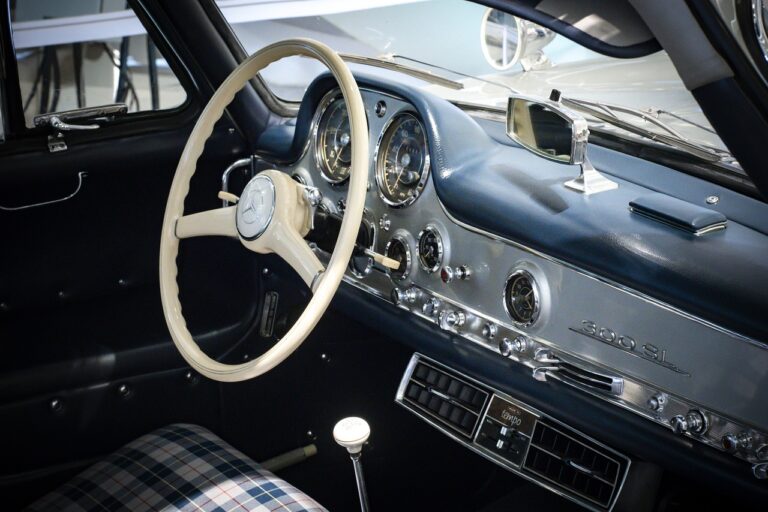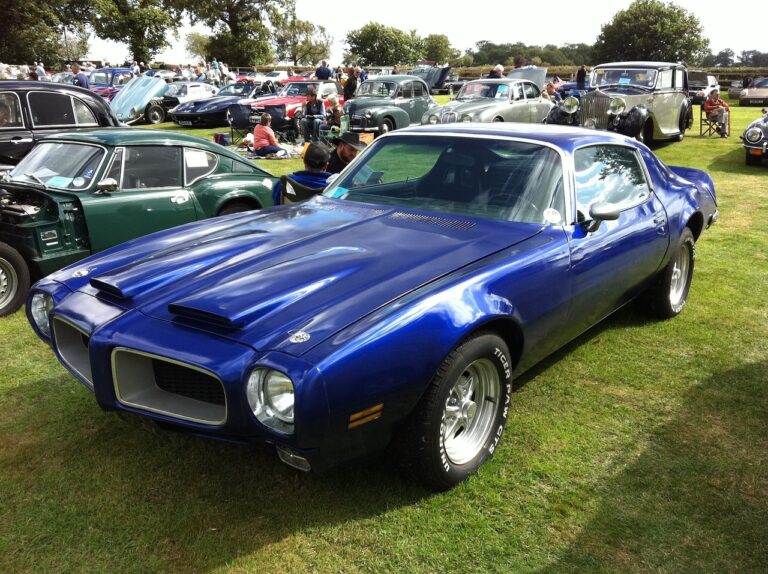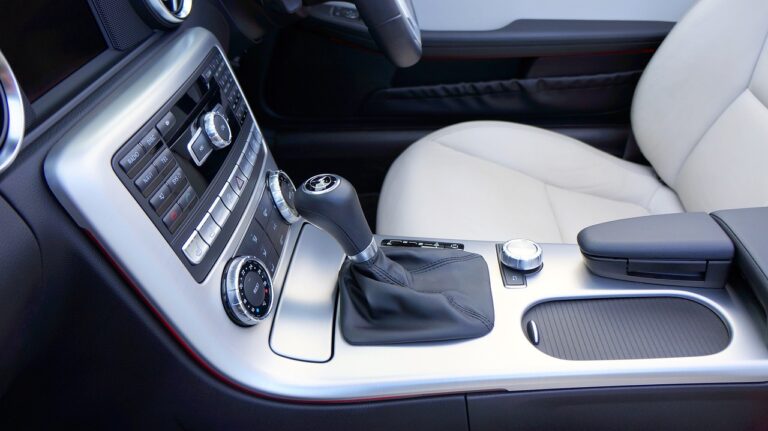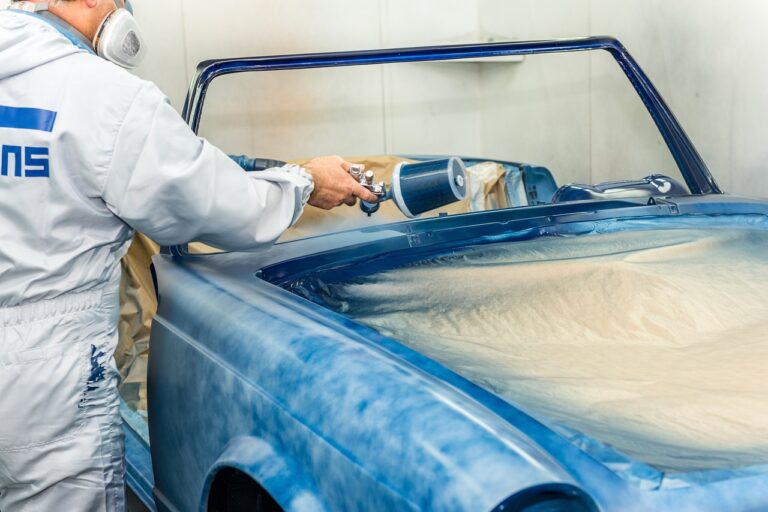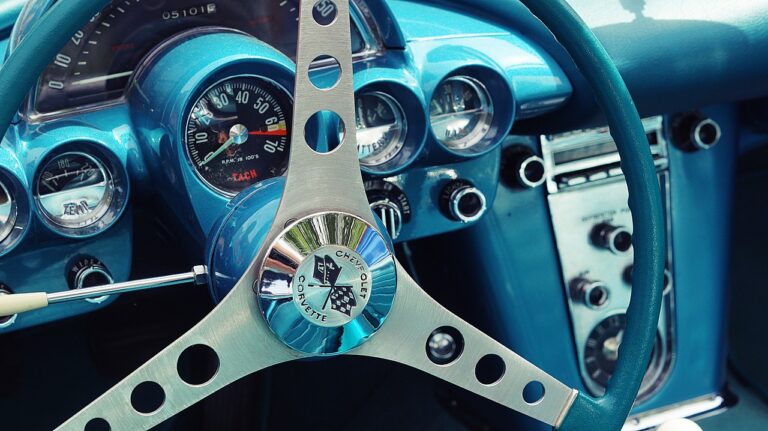The Rise of Tesla: Disrupting the Auto Industry
In the years leading up to Tesla’s entry into the auto industry, the landscape was dominated by traditional manufacturers who focused on internal combustion engine vehicles. Brands like Ford, General Motors, and Toyota held significant market share with their lineup of gas-powered cars, trucks, and SUVs. These established players had longstanding manufacturing processes and supply chains in place, with a focus on improving fuel efficiency and performance of their vehicles.
Electric vehicles were a niche segment in the auto market, with limited options available to consumers. Early EV models were often criticized for their short driving range, long charging times, and lack of infrastructure to support widespread adoption. The high cost of battery technology also posed a significant barrier to entry for electric car manufacturers looking to compete with the established players in the industry.
The Innovation and Technology Behind Tesla’s Vehicles
Tesla’s vehicles are known for their cutting-edge innovation and advanced technology. The electric vehicles produced by Tesla incorporate state-of-the-art features that set them apart from traditional combustion engine cars. From their sleek design to their sophisticated autonomous driving capabilities, Tesla vehicles represent the pinnacle of modern automotive engineering.
One key aspect of the technology behind Tesla’s vehicles is their industry-leading battery technology. Tesla’s use of high-performance lithium-ion batteries allows their vehicles to achieve impressive driving ranges on a single charge. Additionally, Tesla’s supercharger network enables drivers to quickly recharge their vehicles, making electric vehicles more practical for everyday use. This commitment to developing superior battery technology has positioned Tesla as a leader in the electric vehicle market.
Tesla’s Impact on Traditional Auto Manufacturers
The emergence of Tesla in the auto industry has posed a significant challenge to traditional auto manufacturers. With their innovative electric vehicles capturing a loyal consumer base, Tesla has forced established companies to reevaluate their strategies and invest in electric vehicle technology. This shift in consumer demand towards sustainable and eco-friendly transportation has put pressure on traditional auto manufacturers to keep pace with the rapidly evolving market trends.
As Tesla maintains its position as a frontrunner in the electric vehicle market, traditional auto manufacturers are feeling the heat to match Tesla’s innovation and technology. The need to develop electric vehicles with long-range capabilities, fast charging infrastructure, and cutting-edge autonomous driving features has become imperative for traditional players to remain competitive. Tesla’s disruptive approach has not only challenged the status quo in the auto industry but also pushed traditional manufacturers to adapt and evolve to stay relevant in an increasingly electrified future.
Traditional auto manufacturers are investing heavily in electric vehicle technology to keep up with Tesla’s innovation.
Consumer demand for sustainable transportation has put pressure on traditional companies to develop eco-friendly vehicles.
Tesla’s success has forced traditional auto manufacturers to reevaluate their strategies and adapt to the changing market trends.
The need for long-range capabilities, fast charging infrastructure, and autonomous driving features has become essential for traditional players to stay competitive.
How has Tesla’s entry into the auto industry impacted traditional auto manufacturers?
Tesla’s entry has forced traditional auto manufacturers to innovate and invest more in electric vehicles and autonomous driving technology.
What sets Tesla apart from traditional auto manufacturers in terms of innovation and technology?
Tesla is known for its cutting-edge technology, such as over-the-air software updates and its advanced Autopilot system, which have set it apart from traditional auto manufacturers.
How have traditional auto manufacturers responded to Tesla’s success?
Traditional auto manufacturers have started to ramp up their efforts in developing electric vehicles and autonomous driving technology to compete with Tesla.
Has Tesla’s impact on the auto industry been mostly positive or negative?
Overall, Tesla’s impact on the auto industry has been positive as it has pushed traditional auto manufacturers to embrace new technologies and sustainable practices.



